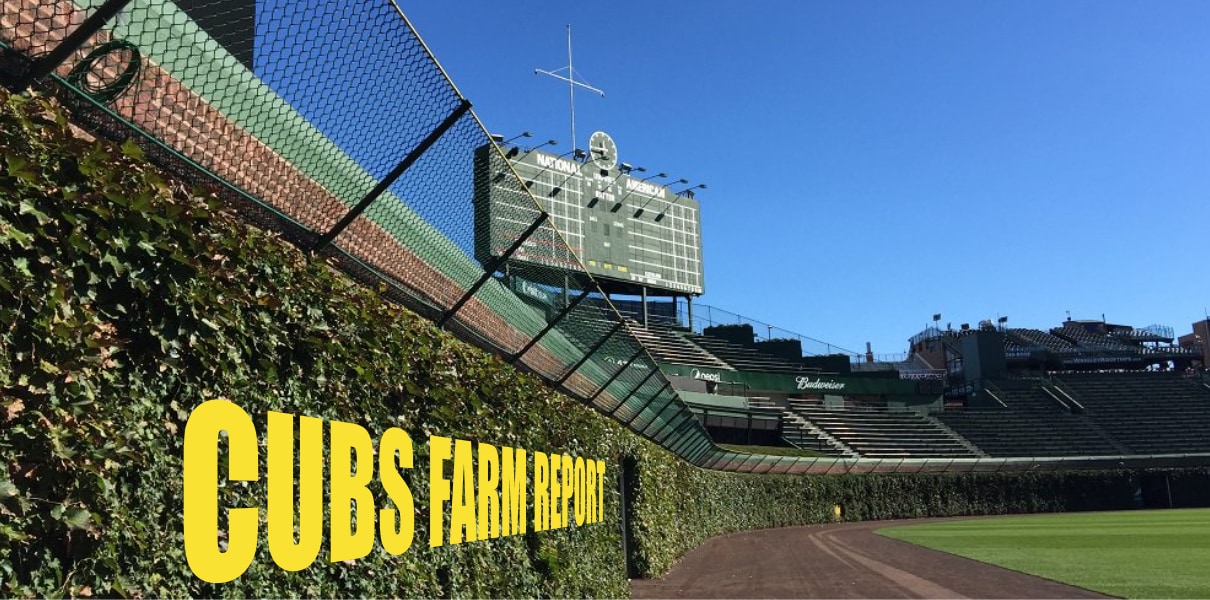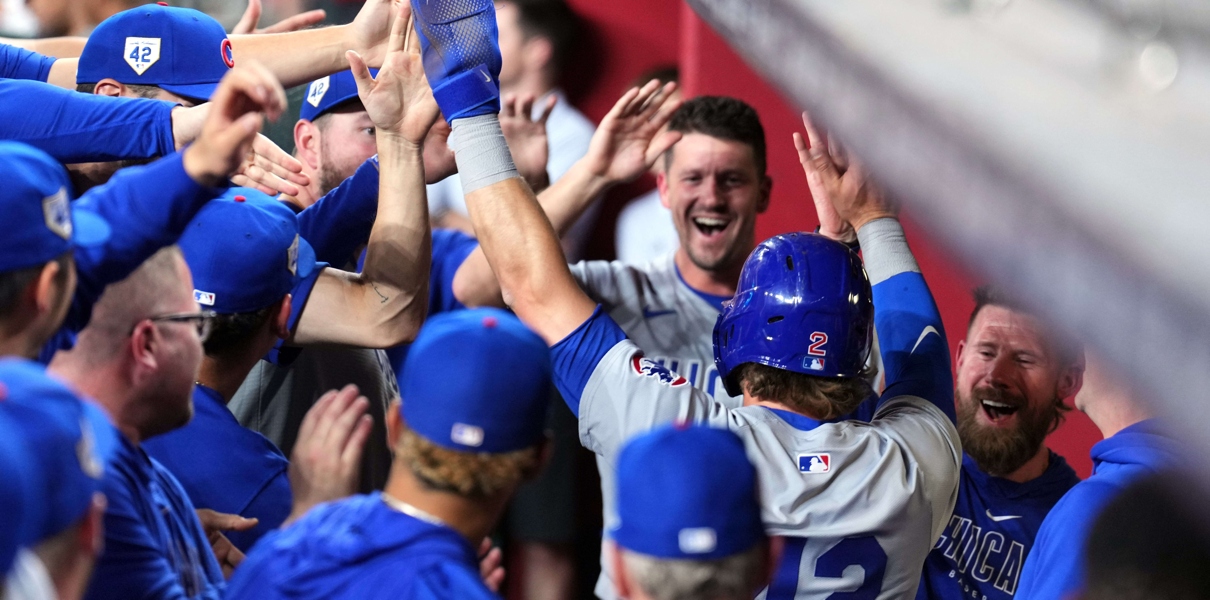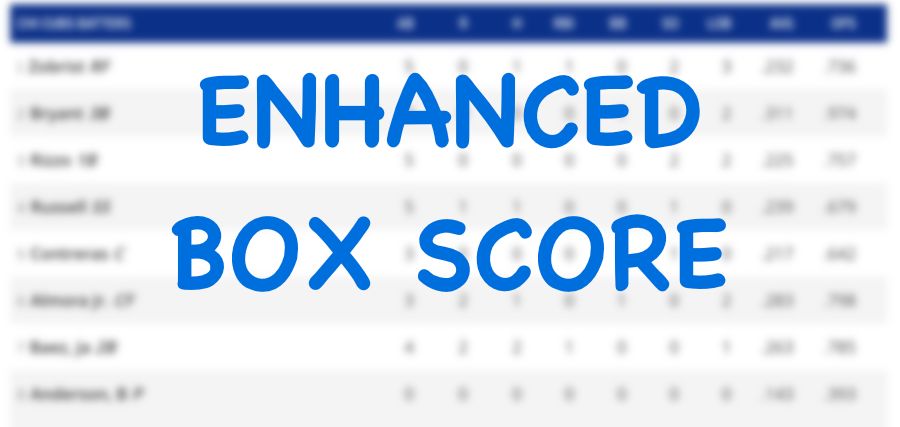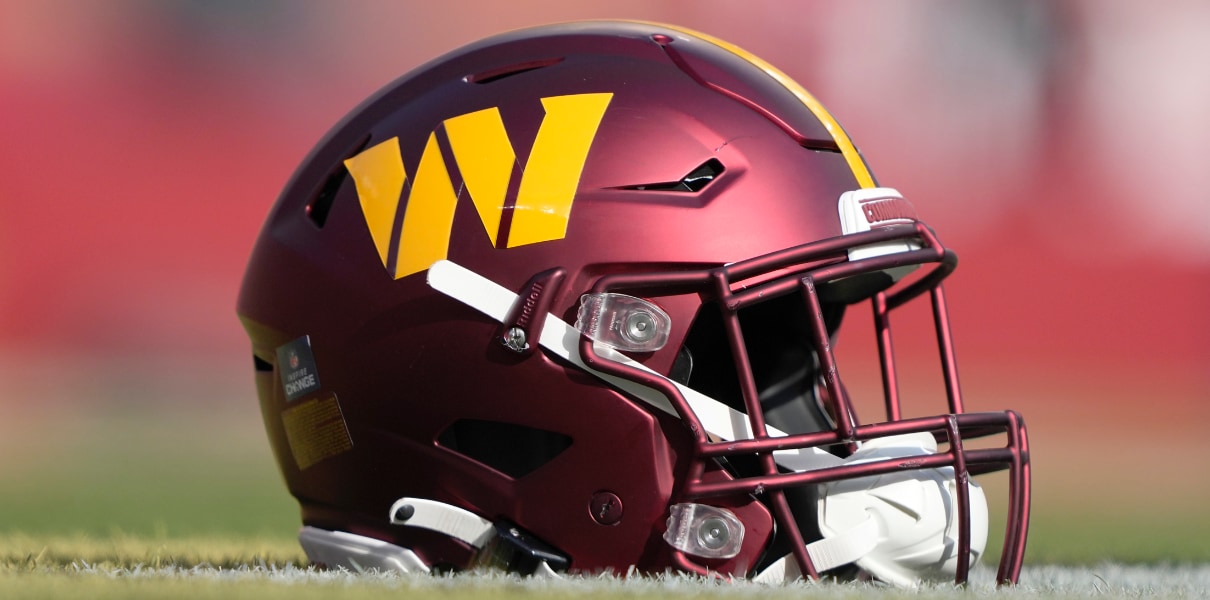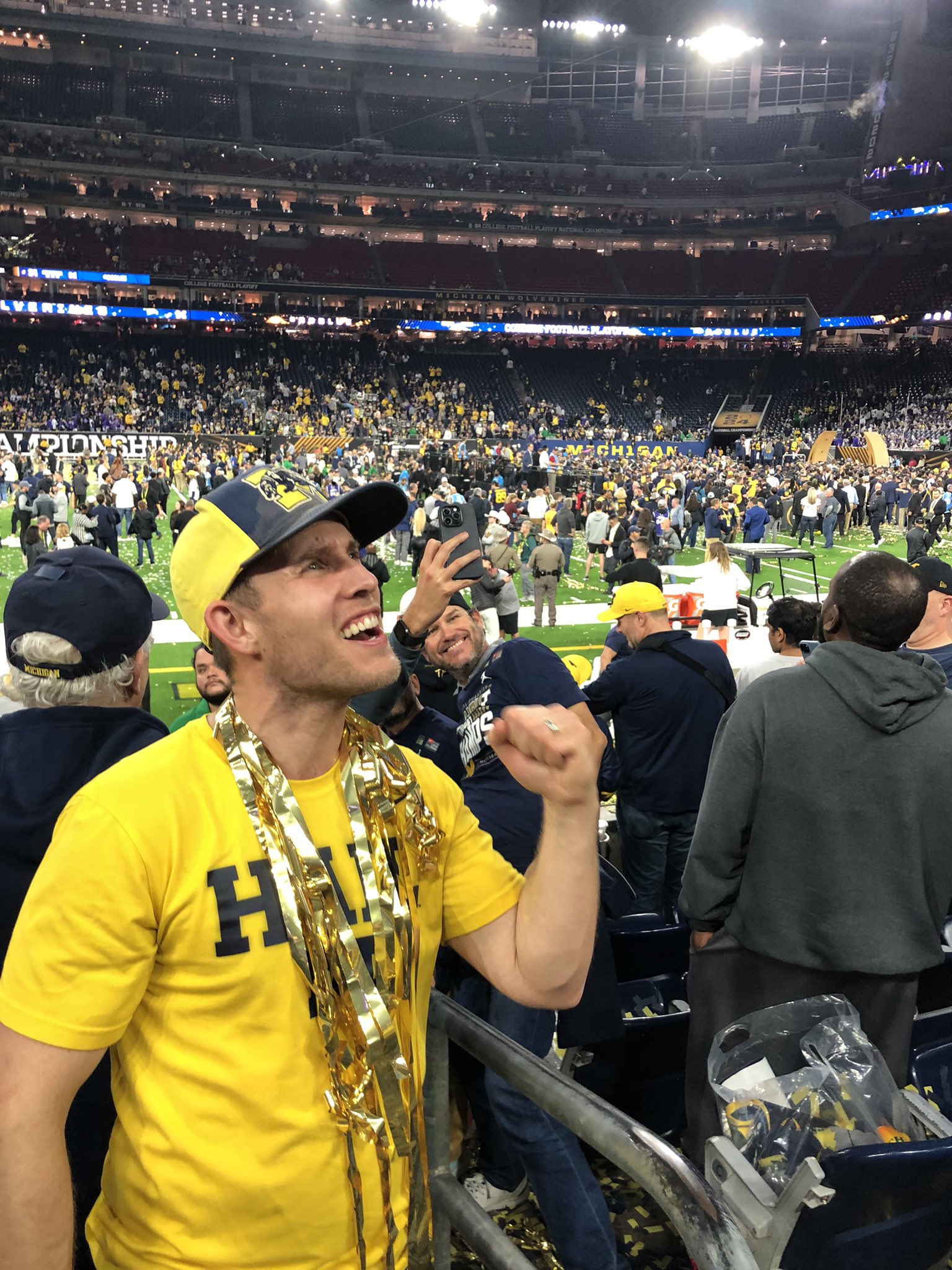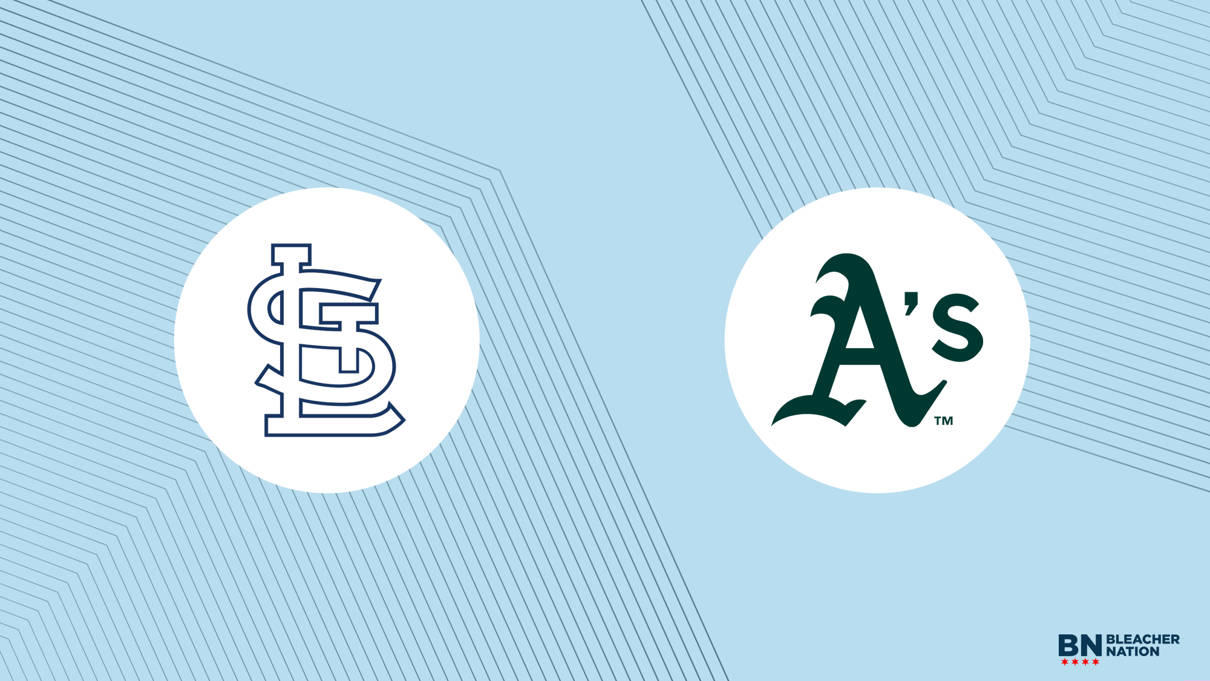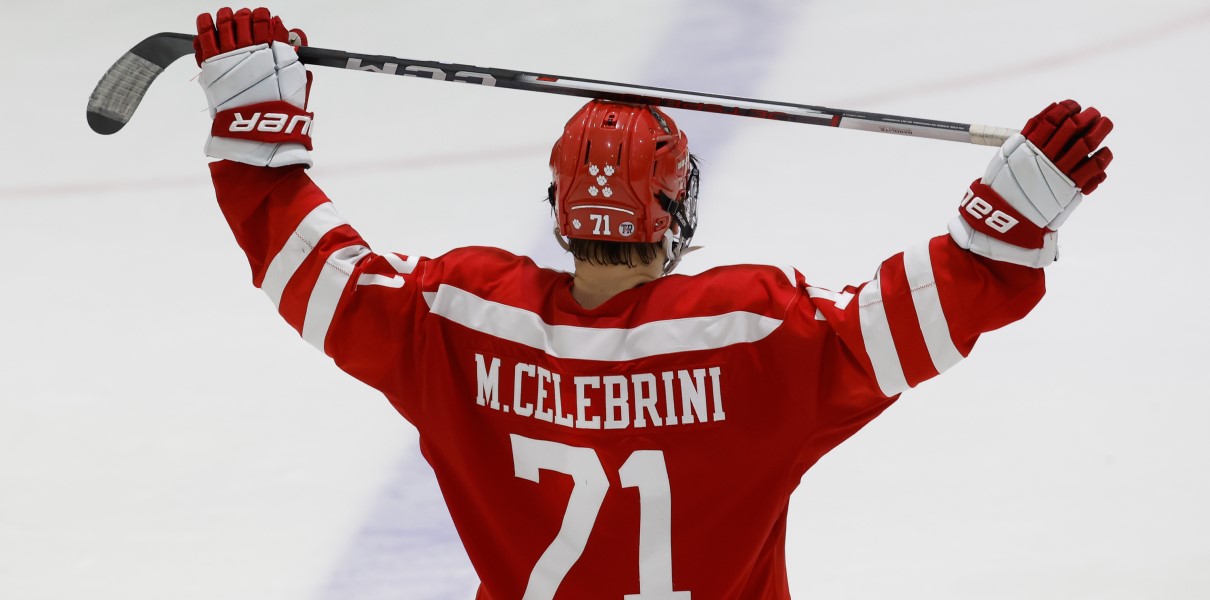
Or so the initial reports said.
Under such a belief, I thought making the case for the Cubs’ number, and for Garza’s number, and then choosing a winner (recall, should the case proceed to an actual arbitration hearing, there is no compromise – one side wins, the other side loses), would prove challenging. And then, Garza’s requested number was corrected: $12.5 million.
Making the Cubs’ case just got a lot easier, and making Garza’s case became nearly impossible.
Garza’s ask is about 57% higher than the Cubs’ offer. Know how many other asks/offers had that large of a spread over the past five years among cases that went to arbitration? Just two out of 29 cases – and, in those two (pitcher John Patterson in 2007 and back-up catcher Jeff Mathis in 2010), the money at issue was well under $2 million total.
In other words, the extreme difference between the two sides would be an anomaly for cases that go to arbitration. Either the Cubs are far too low, or Garza is far too high.
Before getting into the case for each side, it’s important first lay out the criteria used by the three-person arbitration panel in rendering a decision. Per Article VI(F)(12) of the expiring Collective Bargaining Agreement, the criteria governing an arbitration award:
The criteria will be the quality of the Player’s contribution to his Club during the past season (including but not limited to his overall performance, special qualities of leadership and public appeal), the length and consistency of his career contribution, the record of the Player’s past compensation, comparative baseball salaries …, the existence of any physical or mental defects on the part of the Player, and the recent performance record of the Club including but not limited to its League standing and attendance as an indication of public acceptance …. Any evidence may be submitted which is relevant to the above criteria, and the arbitration panel shall assign such weight to the evidence as shall appear appropriate under the circumstances. The arbitration panel shall, except for a Player with five or more years of Major League service, give particular attention, for comparative salary purposes, to the contracts of Players with Major League service not exceeding one annual service group above the Player’s annual service group. This shall not limit the ability of a Player or his representative, because of special accomplishment, to argue the equal relevance of salaries of Players without regard to service, and the arbitration panel shall give whatever weight to such argument as is deemed appropriate.
The Case for Paying Matt Garza $7.95 Million in 2012
The Cubs’ offer of $7.95 million is, by almost anyone’s standard, a touch lower than Garza deserves in 2012. But, such is the nature of the arbitration (and negotiation) process – if you offer what a guy is worth, you’ll end up either settling for more than the guy is worth, or dragging the player through the mud in an arbitration hearing just for the right to pay him what he’s worth anyway.
So, in that way, the Cubs’ offer is fair. And, based on Garza’s stats, on comparable pitcher salaries, and on other allowable considerations, the Cubs’ offer would probably win out in an arbitration hearing. To that end, the Cubs’ argument is less about contending that their offer is an accurate representation of Garza’s worth, and more about contending that Garza’s request is simply too high. Only one offer can win, after all.
Keep in mind as you read what follows: I’m not crapping on Matt Garza. I think he’s an excellent pitcher who could be among the best in the NL for the next few years.
But this process is ugly.
Garza’s Stats
Garza’s request for $12.5 million – a raise of about 110% – is predicated almost entirely on his breakout 2011 season. It must be. After all, before 2011, we’re talking about a 42-44 pitcher with a 3.97 ERA and a 1.315 WHIP. Fine numbers for a middle-of-the-rotation pitcher (I note the win/loss record not because I approve of that ridiculous and meaningless statistic, but because it does come up in arbitration proceedings), but they have the look of a guy who’s just a little above average. His 107 ERA+ through 2010 would seem to confirm that evaluation.
About that 2011 season – it was very good. A 3.32 ERA and a 1.258 WHIP are solid, and a 9.0 K/9 is great. His 118 ERA+ suggests he was 18% better than average. Still, he won only 10 games. He missed a couple starts with a fluke injury on a comebacker, and didn’t quite top 200 innings (198). His ERA was good for just 26th in baseball among starting pitchers, and his WHIP just 47th.
And, not to be lame, but there was the matter of his seven errors, a pathetic .788 fielding percentage, and an absolutely worthless time at the plate .(A pitcher’s hitting ability is not of paramount importance, but it strikes me as consistently undervalued. Garza had a .215 OPS and a -40 OPS+ in 2011, numbers so ridiculously awful that they cannot not be mentioned.)
Matt Garza had a very good 2011 season, but a $12.5 million salary in the third of four arbitration years is the kind of figure you’d expect to see next to the name of a clear-cut ace. Garza’s numbers before 2011 look more like a number three or four than an ace, and his breakout 2011 season was only borderline “ace.”
Comparable Salaries
When it comes to comparables, ideally, you’d find another pitcher in his third year of arbitration, one who has similar numbers to Garza, and who was a Super Two. But, of course, finding that perfect comparable player is a near impossible task, and, pursuant to the criteria laid out in the CBA, it is not absolutely necessary. Instead, we’re left to look at comparable pitchers’ salaries, when those pitchers had a similar amount of service time as Garza – some of which salaries came by way of arbitration, others by way of extensions.
Dan Haren would have been the perfect comparison for Garza, had he not been signing extensions through his arbitration years. Haren was set to be a Super Two in 2007, but signed a multi-year extension before the 2006 season – and then another one before the 2009 season. That 2009 season would have been Haren’s third arbitration year (out of four, like Garza), and, leading up to it, he had put together back-to-back dominant seasons (138 ERA+ in 2007 and 139 in 2008, far better than Garza in 2011), and had a career ERA+ of 118 (Garza is at 109). In 2009, Haren made just $7.5 million. Obviously, the vagaries of the extension process necessarily obscures what Haren would have made that year in arbitration, but his salary is relevant – particularly given how much better he’d been to that point in his career than Garza. If you’re not comfortable using the salary in the first year of an extension as a comparable, let me offer you this: even if you consider the entire four-year contract Haren signed before 2009 (which contract bought out his final two years of arbitration and two free agent years), his average salary during that period was just $11.2 million. And, once again: Haren’s numbers at that point in his career blew Garza’s out of the water. In short, Haren’s salary story makes Garza’s $12.5 million request look downright outrageous.
Garza’s request looks similar to the figure another powerful righty netted in his third year of arbitration some years ago. In 2007, Carlos Zambrano avoided arbitration with the Cubs for $12.4 million. Good for Garza, right? Well, to that point in his career, Zambrano had an incredible 134 ERA+, had won at least 14 games in each of the previous three seasons, had finished 5th in Cy Young voting in two of the previous three years, and was inarguably one of the best pitchers in the NL at that time. It’s easy to forget just how good Zambrano was. The numbers that earned him $12.4 million, quite simply, are incomparable to the numbers Garza has put up.
Another possible comparables in recent years is CJ Wilson, who, in his third year of arbitration, received $7 million last year. Wilson is an interesting comparison because, before 2010, he was a dominant reliever. And then, in 2010 – his second year of arbitration – he was a dominant starter, to the tune of a 3.35 ERA in 204 innings over 33 starts, with a 1.245 WHIP and a 134 ERA+. On the one hand, his prior relief experience makes Wilson an odd comparions. On the other hand, he was, like, Garza coming off his best season as a starting pitcher in the year prior to that third arbitration year, and predicated his arbitration ask largely on the merits of that one strong season. It again bears noting: Wilson’s 2010 season was far better than Garza’s 2011, and Wilson received a meager $7 million the next year.
The best comparable that actually went through the arbitration process in recent years is probably Wandy Rodriguez after the 2009 season. His is an imperfect comparison because Rodriguez was in his second arbitration year, not his third, like Garza. His service time was similar at that point in his career, though, having completed just about five full seasons at that point, like Garza. Rodriguez, who was coming off the best season of his career (3.02 ERA in 205.2 innings over 33 starts, with a 134 ERA+ and 1.240 WHIP; but note that Rodriguez’s career numbers to that point were slightly worse than Garza’s right now), sought $7 million, and the Astros offered $5 million. The Astros won.
Even if you were to consider Garza a free agent – understanding that players do *not* make as much in arbitration as they would make as a free agent – it’s fair to wonder what kind of contract he’d get. Multiple years, to be sure, but $12.5 million annually? Probably. But here’s a question: how much do you think Edwin Jackson – a pitcher whose career numbers bear a striking similarity to Garza’s – is going to sign for? There is speculation that he’ll have to settle for a one-year deal, and it would be surprising at this point if he can pull in $12.5 million annually. Again, Jackson is a free agent. (In case you’re wondering, in his third year of arbitration, Jackson ended up getting $8.75 million as part of a two-year extension.)
Cubs’ Performance and Attendance
One final criterion cuts in favor of the Cubs’ offer: “the recent performance record of the Club including but not limited to its League standing and attendance as an indication of public acceptance.” During Garza’s one year with the Cubs, the team finished 71-91, tied for the fifth worst record in baseball. Attendance was decent – 9th in baseball – but dropped in 2011 from 2010.
The Case for Paying Matt Garza $12.5 Million in 2012
As I said, the argument was tough enough when the ask was believed to be $10.225 million. Garza and his agent aren’t fools, of course, and, while their lofty request is undoubtedly designed to create negotiating leverage, they wouldn’t have gone as high as they did unless they at least felt there was an argument there.
The best argument is a heavily sabermetric one, and thus doesn’t necessitate a breakdown into multiple subarguments. There simply aren’t that many good arguments.
Here goes nothing.
Matt Garza had a 5.0 WAR according to FanGraphs last year (13th best in MLB among starting pitchers), which made him one of the best pitchers in baseball. In the preceding three and a half years of his career, Garza put up a WAR around 1.6 to 3.0. He clearly took a step forward in 2011, but some regression would be understandable. Thus, a 4.0 WAR in 2012 is a pretty fair prediction.
If you subscribe to the belief that one unit of WAR is worth about $5 million, then you can argue that Garza is expected to be worth about $20 million in 2012. Players don’t get their full value in arbitration, but, by their third arbitration year, they are typically getting something close to 80% of their value. So, a little multiplication, and you get a $16 million arbitration award – far more than Garza has even requested.
Keep in mind, this methodology is heavily speculative, and subject to wild fluctuations (for example, if you project a 3.0 WAR for Garza in 2012, his value becomes $15 million, and his expected arbitration award drops to $12 million). But I’d hazard a guess that there’s something here that forms the basis for what otherwise looks to be an impossibly high ask by Garza.
Other sabermetrically-inclined stats indicate Garza was among the elite pitchers of the game last year – his FIP was 8th best among starters, his xFIP was 11th. That would provide some additional support on his side of the aisle. But it’s thin, and it’s only 2011.
Conclusion
Taken together, when considering the criteria used by arbitrators when handling these cases, the Cubs’ position is quite strong. Almost overwhelmingly so. Garza probably deserves more than $7.95 million in 2012, but when that number is set up against the only other option – $12.5 million – the choice appears to be easy, and unfavorable to Garza.
A settlement near, or slightly below, the midpoint still seems the most likely outcome. Garza’s arbitration hearing has not yet been scheduled, but would occur at some point in the first three weeks of February.






